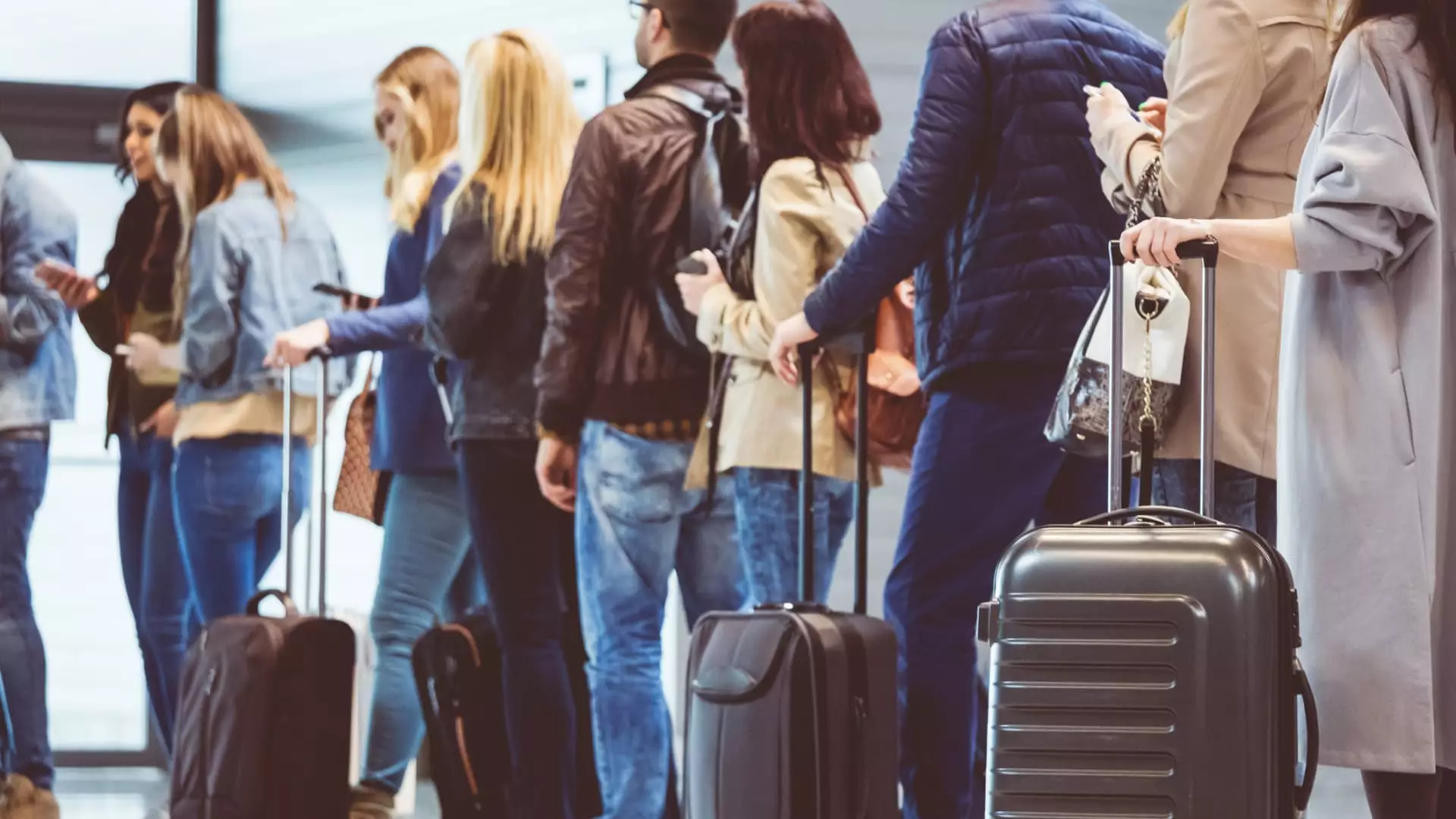Southwest Airlines, a pioneer in the travel industry, has long championed the virtue of simplicity with its first-come, first-served boarding philosophy. This approach fostered a sense of fairness, emphasizing that all passengers had equal opportunity to secure their preferred seats and overhead bin space. However, recent decisions to introduce assigned seating and charge for early boarding reveal a calculated departure from that ethos, exposing the airline’s growing obsession with profit at the expense of customer trust.
This strategic pivot is a stark reminder that even brands once rooted in egalitarian principles can succumb to market pressures, risking alienation among their core supporters. By shifting to an assigned seating model and monetizing early boarding, Southwest subtly transforms a distinctive feature into a paid privilege. It’s an insidious form of commercial manipulation—one that exploits consumer preferences for better comfort and convenience while cloaking it as a “service upgrade.” This move signals a troubling trend: the commercialization of what was once a simple, reliable travel experience, displacing loyalty with layered costs and hidden agendas.
The core issue isn’t just about seats or boarding groups; it’s about transparency and integrity. Modern consumers are increasingly aware of corporate strategies that prioritize revenue over fairness. Southwest’s decision may temporarily boost profits, but at what long-term cost? Loyal travelers might regret sacrificing the airline’s unpretentious identity, feeling betrayed by a brand that once championed a level playing field. The shift indicates a troubling belief within corporate corridors: that the customer’s loyalty can be bought through add-on fees rather than genuine service differentiation.
The False Promise of Convenience and the Cost of Comfort
The rhetoric surrounding early boarding as a “perk” is, frankly, misleading. Airlines like Southwest are positioning it as a necessary expense for those unwilling to gamble on overhead space or middle seats. Yet, this framing distorts the reality: what you’re buying is not a privilege but a ticket to a more stressful, segregated boarding process. The truth is, passengers are being subtly coerced into paying extra for something that used to be a standard part of the airline experience, emphasizing the commodification of basic services.
The financial implications are particularly troubling for budget-conscious travelers, who often feel they have no choice but to pay up. The marketing of these add-ons is crafted to seem optional, but in practice, the unspoken message is that to enjoy even a modicum of comfort or efficiency, one must shell out additional cash. This creates a two-tier system: those willing to pay for peace of mind versus those resigned to the cramped, chaotic last boarding position. The latter group, often the most vulnerable, ends up relegated to the back of the plane, with limited overhead bin space and lesser service.
Moreover, this model fosters a sense of entitlement among the wealthy and frequent flyers. Elite status, premium fares, and credit card perks become markers of social capital within a commodified travel landscape. Instead of leveling the playing field, airlines are incentivized to deepen divides, turning a once egalitarian process into a race among the privileged to secure the most advantageous boarding position. This stark inequality undermines the very fairness that once defined Southwest’s reputation.
The Illusions and Realities of “Perks” in the Modern Flight Economy
What is often sold as a “necessary upgrade” is, in reality, a reflection of a broader trend: the erosion of dignity and fairness in consumer service. For many travelers, buying priority boarding or even booking a premium economy seat is less about genuine convenience and more about purchasing peace of mind in a high-stress environment. Yet, this convenience often comes at exorbitant costs.
Travel experts acknowledge that, while paying for early access can be justified for those with tight schedules, for the average passenger, it’s little more than a high-priced gamble. Airlines are adept at inflating the perceived value of these add-ons, encouraging consumers to see them as essential rather than optional. This manipulative marketing operates on the assumption that consumers will prioritize comfort and certainty over their wallets, often without realizing just how much they are paying for the privilege.
Furthermore, the proliferation of credit cards and loyalty programs as pathways to better boarding positions complicates the picture. These perks, once viewed as reward for loyalty, now function as gatekeepers, incentivizing consumers to spend more—not necessarily to get better service but to access what should be standard. It is a subtle but effective method of creating customer segmentation, one that benefits the airline’s bottom line more than the individual traveler’s experience.
When examining these practices through a critical lens, it becomes clear that they serve to entrench a transactional ethos over the intrinsic value of travel. Airlines are effectively selling convenience and comfort as luxury goods—not basic rights—threatening the egalitarian spirit that once made flying a democratic mode of transportation. The question remains: at what cost does this commodification come, and how sustainable is it for the industry’s reputation and customer loyalty?

